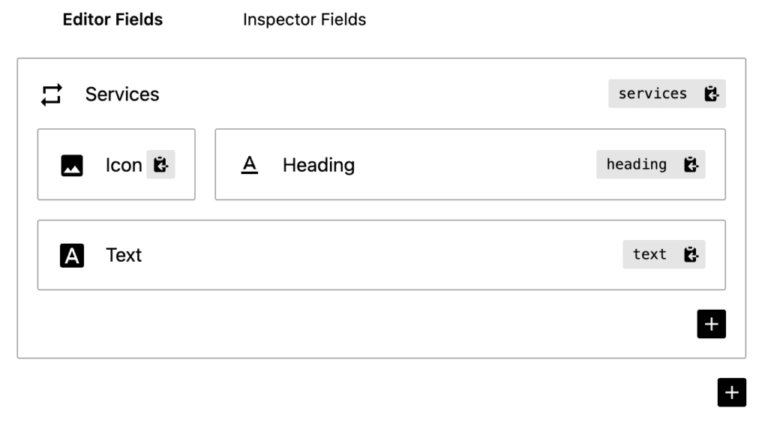A recent Gartner analysis indicates that over 40% of current agentic AI initiatives might be discontinued by the end of 2027 due to increasing costs, unclear business value, and insufficient risk controls. While agentic AI—artificial intelligence capable of independent decision-making and action to achieve goals—is seen as the next step in enterprise automation, the current phase of early experimentation may be progressing too hastily.
Anushree Verma, Senior Director Analyst at Gartner, noted that much of the current activity in this area is driven by hype rather than practical implementation strategies. “Most agentic AI projects are proof-of-concepts or early-stage experiments. They are often misapplied, hindering their path to production. Companies often underestimate the complexity and cost of deploying AI agents on a large scale.”
A Gartner survey in January 2025 of over 3,400 webinar participants showed mixed commitment levels to agentic AI. While 19% of organizations reported significant investments, 42% were investing cautiously. Another 8% had made no investment, and 31% were hesitant or observational. This wide range reflects the uncertainty many organizations feel about the practical business utility of agentic AI today.
Adding to the confusion is “agent washing,” as Gartner calls it—the rebranding of existing technologies like chatbots, digital assistants, or robotic process automation (RPA) as agentic AI, even when lacking core capabilities. Of the many vendors promoting agentic AI solutions, Gartner estimates only about 130 offer true agentic functionality.
Anushree Verma stated that most available models lack the autonomy for long-term commercial value. “Many use cases framed as agentic don’t actually require agentic implementations. The return on investment isn’t there yet in most scenarios,” she said.
Despite these challenges, Gartner notes that agentic AI holds significant long-term potential. By 2028, they predict 15% of daily workplace decisions will be made by agentic AI, up from almost none today. Additionally, agentic AI is expected to be embedded in 33% of enterprise software applications by then, compared to less than 1% in 2024.
However, Gartner advises companies to avoid rushing into deployments unless the business case is strong and clear. Integrating AI agents into legacy systems can be complex and expensive, often disrupting workflows and requiring substantial architectural changes. Organizations may need to redesign processes from scratch to fully utilize the technology.
“Companies should focus on enhancing overall enterprise productivity, not just automating individual tasks,” said Anushree Verma. “Start small—use AI assistants for simple data retrieval, automation tools for routine tasks, and reserve agentic AI for scenarios involving complex decision-making. It’s about driving business value through a balance of cost, quality, speed, and scale.”
While the potential of agentic AI remains compelling, Gartner’s findings suggest a more measured, strategic approach is necessary to distinguish potential breakthroughs from unsustainable hype.







